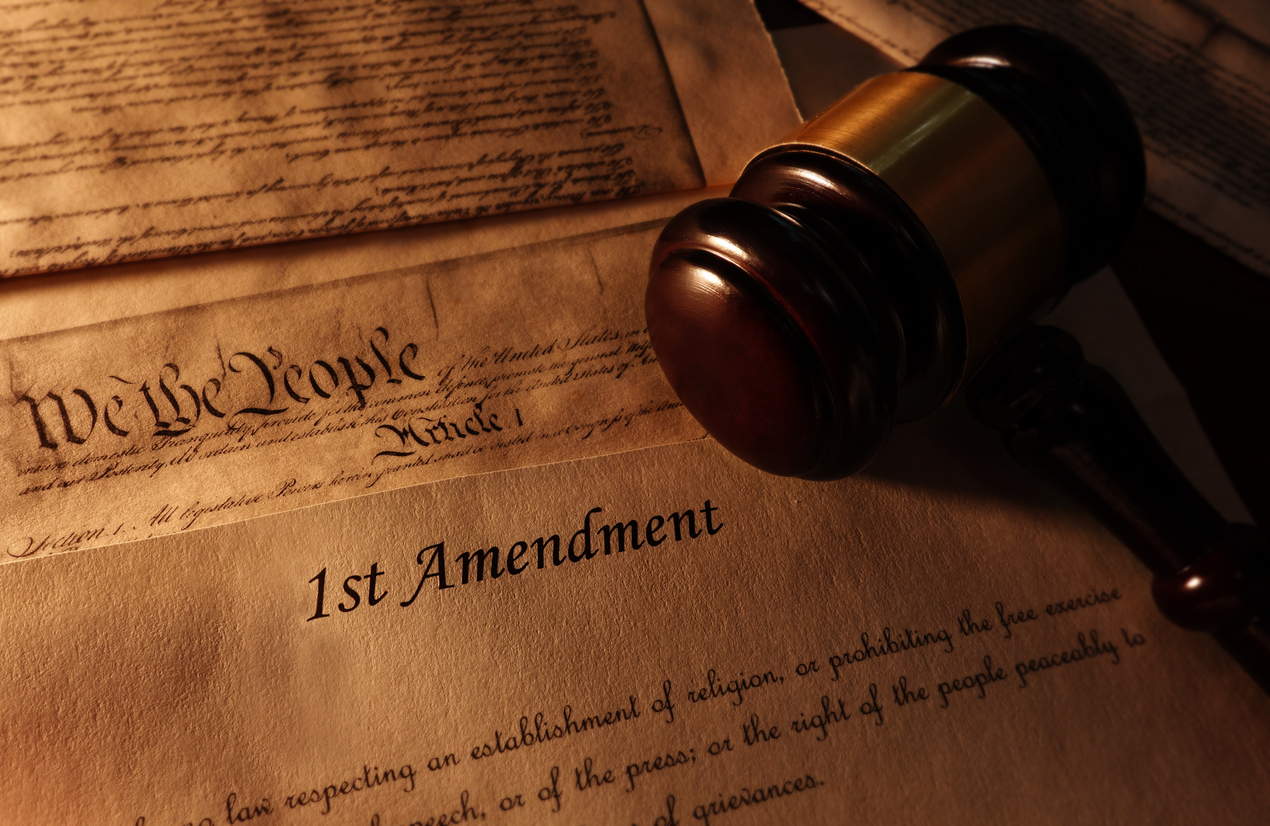Supreme Court Grants Victory for Religious Liberty
By Michael Ippolito
In a major victory for parental and religious liberty rights, the Supreme Court ruled that forcing students to learn LGBT educational material violated their parents’ free exercise of religion. In Mahmoud v. Taylor, the Court found that the compulsion of elementary school children's participation in instruction on gender and sexuality, without giving parents notice or the opportunity to opt out, burdens the parents’ religious exercise.
The ruling not only affirms the rights of parents to have a say in their children’s education but protects parents and their children from material that contradicts their religious beliefs on human sexuality.
In 2022, the Montgomery County Public School district approved LGBT books for its English Language Arts curriculum that contained progressive themes relating to sexual orientation and gender identity. While the school board initially provided an opt-out opportunity as a religious accommodation, the board reversed this policy. The board later cited concerns of student absences, classroom disruption, administrative burdens, and the potential stigmatization of individuals represented in the books as the bases for this reversal.
Several parents from varied religious backgrounds sued the board stating that the denial of notice and opt-out policies violated their free exercise and parental rights.
The district court decided that the parents failed to satisfy a cognizable burden to their religious freedom; this decision was affirmed by the U.S. Court of Appeals for the Fourth Circuit.
The Supreme Court overruled the lower courts’ decisions, stating that the absence of the opt-out and notice requirement “substantially interferes with the religious development” of their children, which placed an undue burden on their religious exercise.
Justice Samuel Alito, writing for the majority, recognized that the coercive exposure to these books posed “a very real threat of undermining the religious beliefs that the parents wish to instill in their children.”
Contrary to what the dissent argued, the teachers were specifically encouraged to reinforce the LGBT content and “reprimand any children who disagree,” which went “far beyond mere exposure” to the inappropriate content.
For many of these parents, the public school system is the only option for education, and Montogomery county requires that their children attend public schools “unless they find an adequate substitute.” Thus, the parents were put in a nearly impossible situation – “either risk their child’s exposure to burdensome instruction, or pay substantial sums for alternative educational services.”
The majority opinion defends the “critical right of parents to guide the religious development of their children.” Exposing children to books that impose “a set of values and beliefs that are ‘hostile’ to their parents' religious belief,” coupled with the inability to opt-out, placed an undue burden on the rights of the parents.
Justice Alito concluded by showing that the opt-out policy was not necessary to serve the school’s interest because the school had provided opt-outs in other circumstances. The numerous examples of other exemptions undermined “the Board’s contention that the provision of opt outs to religious parents would be infeasible or unworkable.” Additionally, Justice Alito reminded the Board that it had a duty not to craft “a curriculum that is so burdensome that a substantial number of parents elect to opt out.”
Justice Clarence Thomas concurred, stating that the Board’s “exclusion of traditional religious views, coupled with a curriculum that ‘pressure[s students]’ to conform,” constitutes an impermissible attempt to ‘standardize’ the views of students.” Forced conformity to a view that undermines the “parents’ religious beliefs” is contrary to the Framer’s intention that “free exercise of religion . . . flourish.”
The dissenting opinion claimed that the “majority guts our free exercise precedent and strikes at the core premise of public schools: that children may come together to learn not the teachings of a particular faith, but a range of concepts and views that reflect our entire society.”
The struggle between parents and public schools over control of children’s education has become a political flashpoint. While there has been debate regarding how much control the public schools should have over the education of children, the Court has affirmed the ability of the parents to direct the formation of their children in accordance with their religious beliefs.
The Court has now solidified a defense for children against harmful and coercive ideological educational material.
.png)




